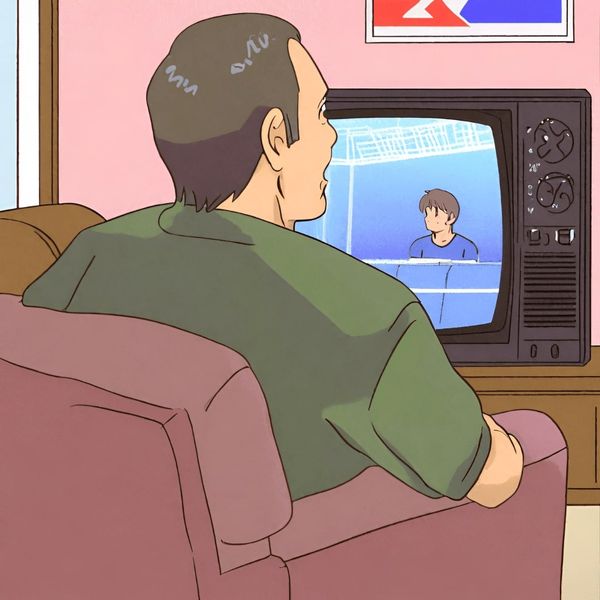Discrimination Conversation Language
Discrimination issues and viewpoints vary widely from culture to culture, but I find that students often have questions about appropriate language and keen interest in the topic. Below there are some definitions for words that appear in our Discrimination Conversation Questions and some tips about relevant language.
Discrimination can refer to a person’s ability to distinguish quality, in a positive sense. However, that’s not the sense in which it is used in our question set.
Discrimination (n) - treating a person or group differently, usually in a bad way, because of their race, religion, gender, etc.
It’s worth telling students that discrimination can refer to favoritism, too. I usually mention that when I give examples of the verb form:
I was discriminated against because of my age.
They discriminate in favor of tall people.
Students often fail to attach the necessary ‘against’ when using the verb.
You may also consider teaching this wordy phrase: discrimination on the basis of race/gender/sexual orientation/etc.
Racism (n) - racism can be racial discrimination, or more broadly a belief that race determines our characteristics and abilities, and that some races are better than others.
Racist (adj, n) - the adjective for racism, as well as the noun for a person who does racist things or has racist beliefs.
That’s a very racist thing to say.
It’s a good idea to teach these two words next, as their forms are similar to the previous two.
Sexism (n) - sexual discrimination, or a belief that gender determines our characteristics and abilities, and that one gender is better than another.
Sexism in the workplace is no longer tolerated.
Sexist (adj, n) - the adjective for sexism, as well as the noun for a person who does sexist things or has sexist beliefs.
Stereotype (n, v) - a general, often simplistic, and possibly hurtful idea that people have about a group and each member of that group.
Her husband is the stereotypical man - he’s into watching sports and eating barbecue.

Slur (n) - a slur is an insulting or offensive word about a type of person.
He regularly uses racial slurs.
Politically correct (adj) - language or behavior that people use while trying to not offend others.
We used to say ‘mentally handicapped,’ but now it’s considered more politically correct to say ‘person with intellectual disabilities.’
What language is considered politically correct and respectful varies by community and changes over time.
The terms above are the main words I want to highlight from the question set. There are many more words that could potentially be relevant (e.g. prejudice), but I don’t like to overwhelm students with vocabulary when my goal is to have them practice communicating and using a few new words accurately.
About Race
Another important part of language that I find students want to know about is how to refer to different races (or ethnicities) in a way that isn’t offensive. Students should keep in mind that when doing any generalizing, they need to be cautious, and that individuals might have their own preferences when it comes to how they are referred to.
I tell students that it’s okay to say white people, and that while it’s unlikely to offend, Caucasian is becoming old-fashioned. Another option is people of European descent.
Asian students are sometimes under the impression that English speakers still refer to Asians as ‘yellow’. However, this feels offensive to me, and while it may still be used in places, I don’t think it has been common for many decades. So Asian is fine, but obviously very broad.
It’s also okay to say black people, and if talking about Americans, most people wouldn’t be offended by African American, but some people consider it to be inaccurate depending on their heritage. Expressions like negro and colored sound out-of-date and are potentially offensive.